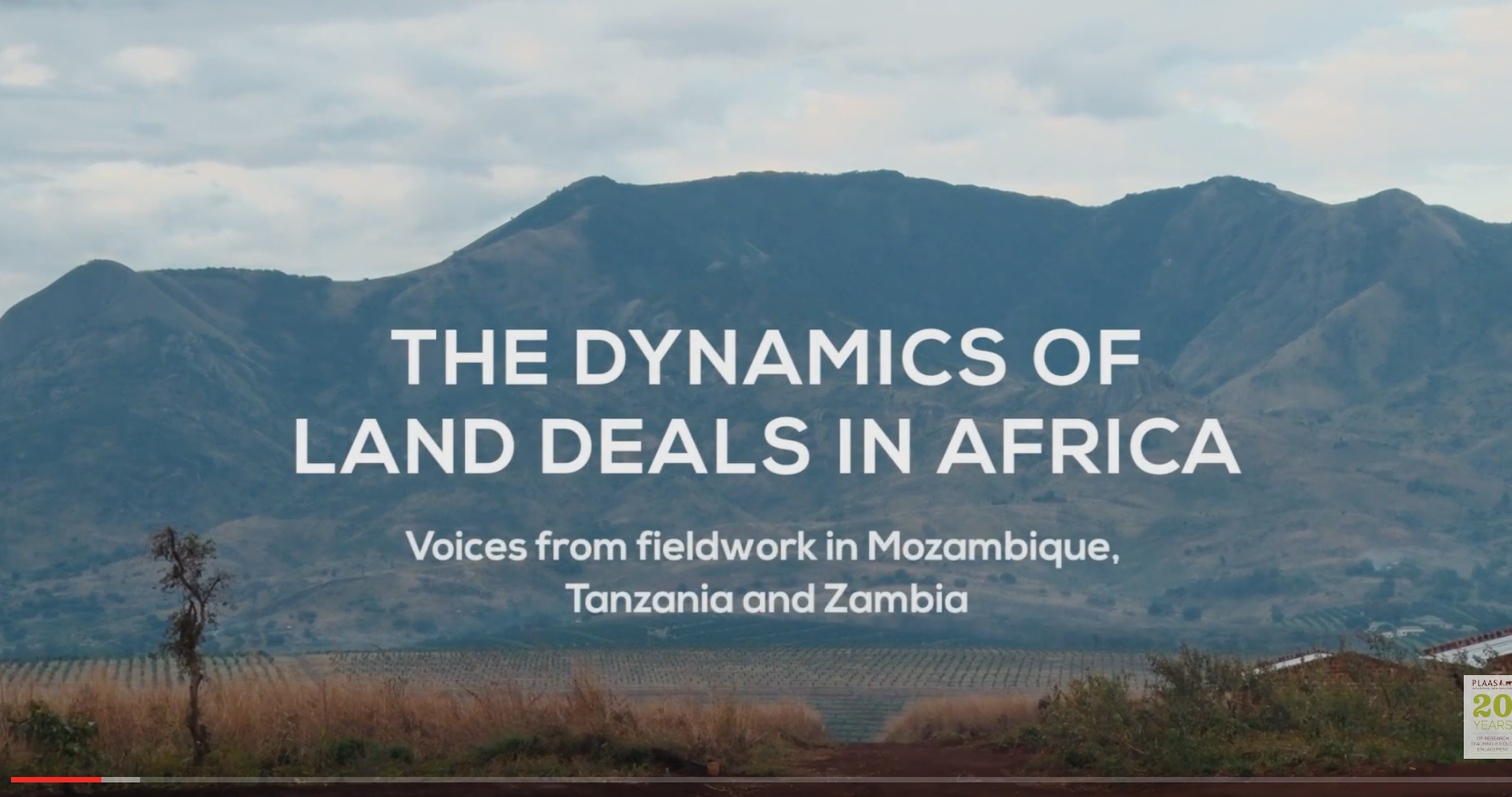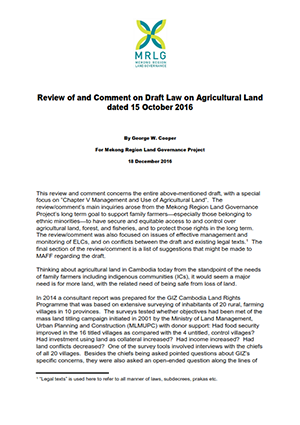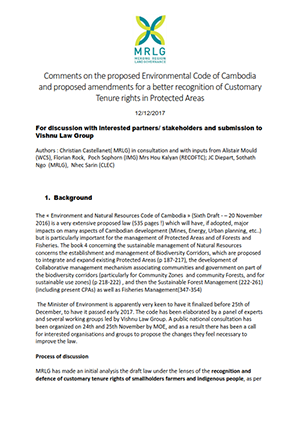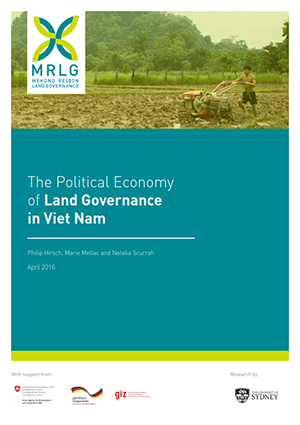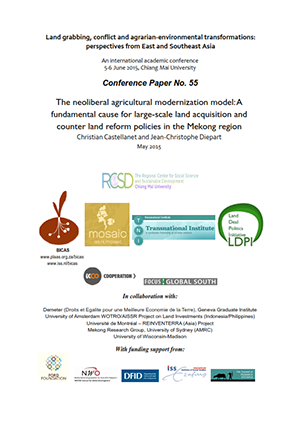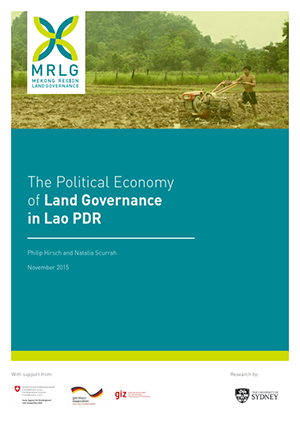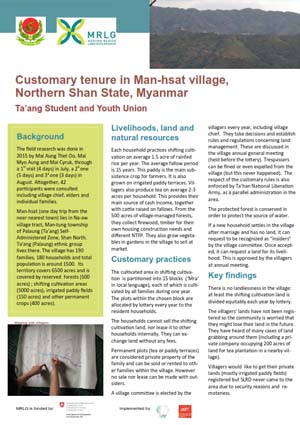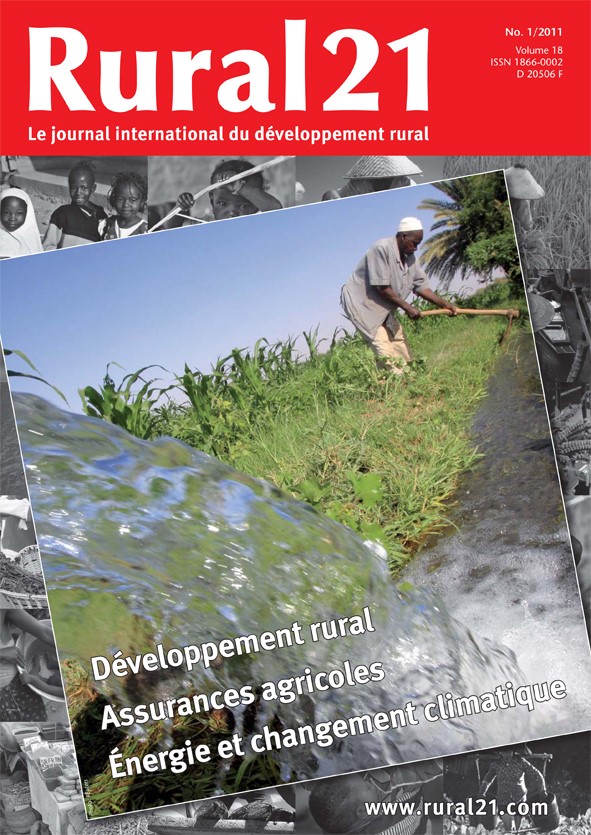Food chains: bridging distances by linking the family farm to the supermarket
In many developing countries, supermarkets are growing fast. This growth entails a change in the food chain that supplies fresh foods from farmers and processed foods via agroprocessors. Farmers who wish to participate in the food chain have to adapt to the supermarkets' requirements. It is the task of governments to improve infrastructures, and access to support services and financial services.




